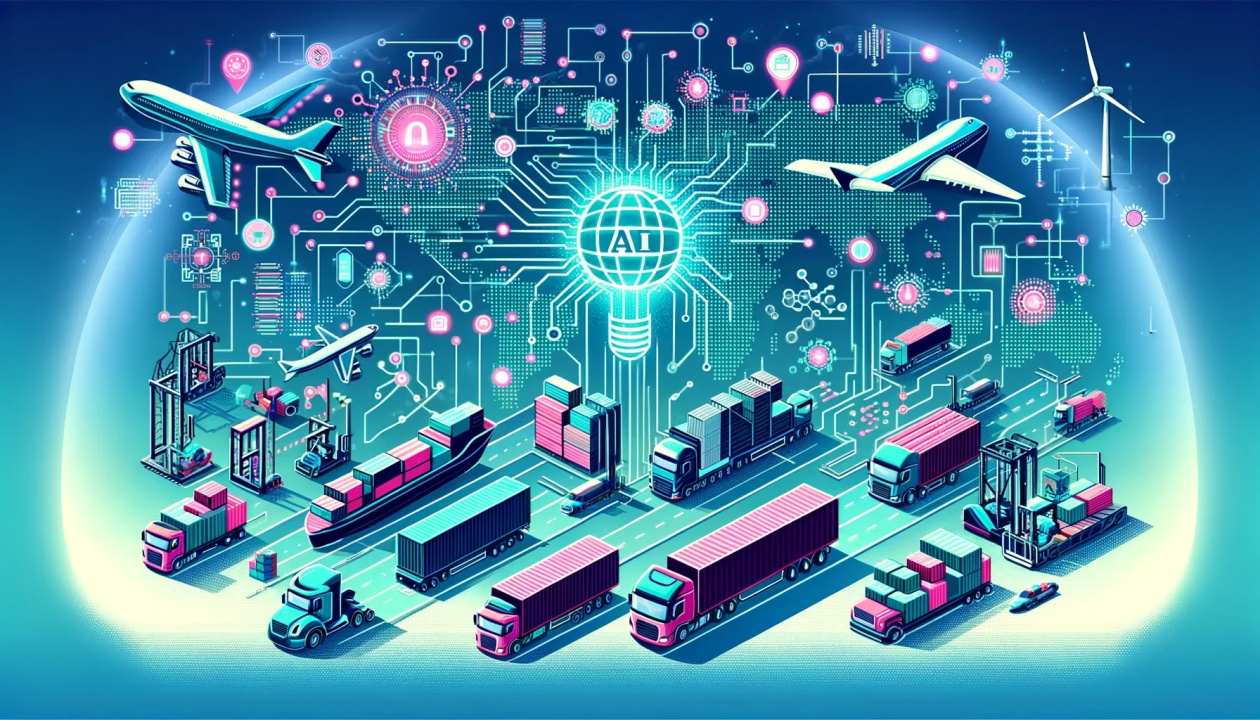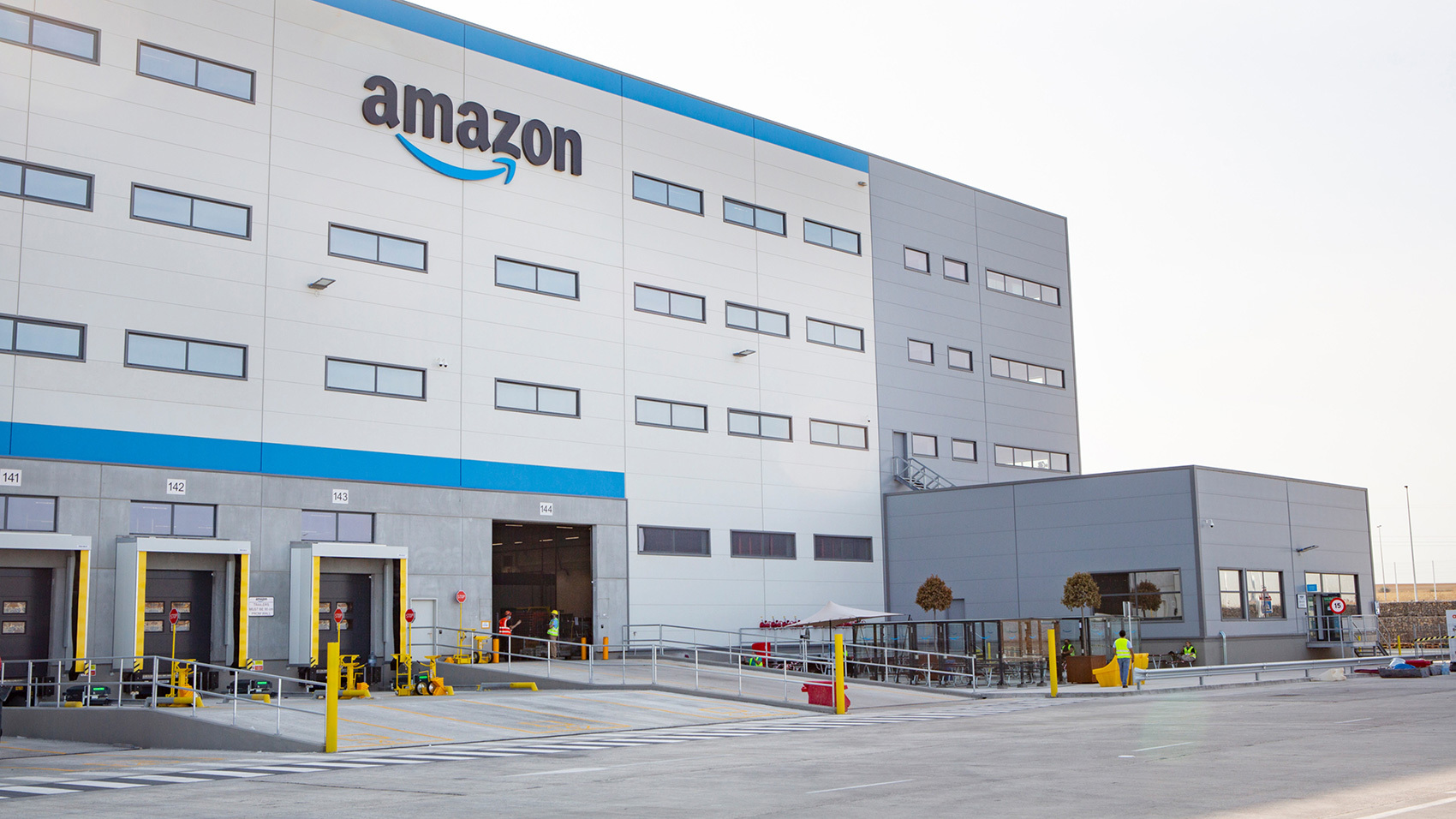luxury—it’s a necessity. In this article, we explore how AI is transforming supply chain operations and why companies should adopt AI-driven solutions for sustainable growth.
How AI is Transforming Supply Chains
AI-powered technologies such as machine learning (ML), natural language processing (NLP), robotic process automation (RPA), and computer vision are making supply chains more predictive, agile, and efficient. Here are the key areas where AI is making a significant impact:
1. Demand Forecasting and Predictive Analytics
Traditional forecasting methods rely on historical data and often fail to adapt to sudden market changes. AI, on the other hand, uses predictive analytics to analyze real-time data, recognize patterns, and improve demand forecasting accuracy.
- Benefits of AI in Demand Forecasting:
- Reduces stockouts and overstock situations by predicting demand fluctuations.
- Enhances agility by adjusting production schedules based on dynamic market trends.
- Identifies seasonal and regional demand variations to optimize inventory allocation.
Example: Retail giant Walmart leverages AI-driven demand forecasting tools to adjust its inventory in real-time, reducing waste and improving profitability.
2. Smart Inventory Management
AI helps optimize inventory levels by analyzing supply chain disruptions, market demand, and logistics constraints. AI-driven inventory management enables:
- Automated stock replenishment to prevent shortages.
- Identification of slow-moving stock to reduce holding costs.
- Dynamic reallocation of resources based on demand spikes.
Example: Amazon’s AI-powered warehouse management system predicts which products should be stored closer to customers, reducing shipping costs and delivery time.
3. AI-Driven Logistics and Route Optimization
AI enhances logistics operations by optimizing transportation routes, predicting delays, and improving last-mile delivery. AI-powered route optimization software helps companies:
- Reduce fuel consumption and transportation costs.
- Predict traffic conditions and optimize delivery schedules.
- Improve customer satisfaction through real-time tracking.
Example: FedEx uses AI to predict weather disruptions and reroute shipments in real time, ensuring on-time deliveries.
4. Supplier Relationship Management and Risk Mitigation
AI improves supplier collaboration by analyzing supplier performance, identifying risks, and ensuring compliance. AI-powered supplier management platforms help businesses:
- Monitor supplier reliability and detect potential disruptions.
- Identify alternative suppliers in case of delays or failures.
- Automate procurement processes, reducing manual effort.
Example: Siemens uses AI-driven supplier risk assessment tools to monitor geopolitical risks, ensuring business continuity.
5. Warehouse Automation and Robotics
AI-powered robotics and automation are revolutionizing warehouse operations by enhancing efficiency, reducing labor costs, and minimizing errors.
- Automated Guided Vehicles (AGVs): Transport goods within warehouses.
- AI-Powered Drones: Conduct inventory checks and surveillance.
- Robotic Pickers: Handle order fulfillment with precision.
Example: Alibaba’s smart warehouses use AI-driven robots to fulfill orders, increasing operational efficiency by 70%.
6. AI in Sustainable Supply Chain Management
AI helps companies achieve sustainability goals by optimizing resource utilization, reducing waste, and lowering carbon footprints.
- Eco-Friendly Route Planning: Minimizes fuel consumption.
- AI-Driven Waste Reduction: Reduces excess production and spoilage.
- Sustainable Sourcing: Identifies ethical and green suppliers.
Example: Unilever uses AI to analyze supply chain emissions and implement carbon reduction strategies.
Challenges of AI Adoption in Supply Chains
Despite its benefits, AI adoption in supply chain management comes with challenges:
- High Initial Investment: AI implementation requires significant upfront costs.
- Data Quality and Integration Issues: AI systems rely on clean, structured data, which many organizations struggle to maintain.
- Cybersecurity Risks: Increased reliance on AI makes supply chains vulnerable to cyber threats.
- Workforce Adaptation: Employees need upskilling to work alongside AI-driven tools.
The Future of AI in Supply Chain Management
The future of AI in supply chains is promising, with emerging technologies set to drive even greater efficiencies:
- AI-Powered Digital Twins: Virtual models of supply chains that predict and prevent disruptions.
- Autonomous Vehicles & Drones: AI-driven transportation for faster, cost-effective logistics.
- AI-Enabled Hyperautomation: End-to-end automation of supply chain processes.
Conclusion
AI is reshaping supply chain management, making it more resilient, agile, and efficient. Companies that leverage AI for demand forecasting, inventory management, logistics, and supplier collaboration gain a competitive edge. However, businesses must address challenges such as data integration, cybersecurity, and workforce adaptation to fully realize AI’s potential.
By integrating AI strategically, organizations can optimize their supply chains, reduce costs, enhance sustainability, and improve customer satisfaction—ultimately driving long-term success in an increasingly complex global marketplace.
.png)
.png)







